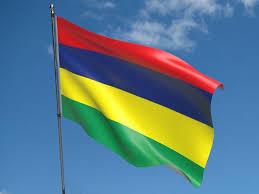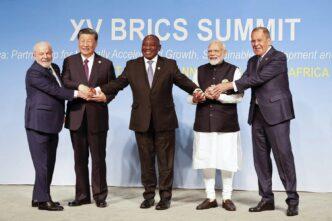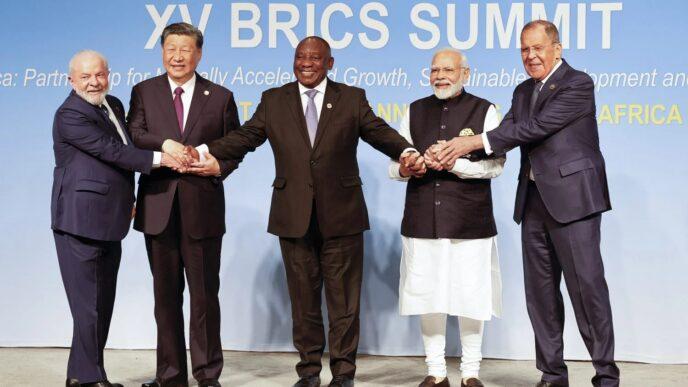China has announced the removal of its remaining tariffs on coffee and other key agricultural exports from African countries, marking a landmark policy shift aimed at deepening trade ties and rebalancing its economic relationship with the continent.
The announcement was made during the China–Africa Economic and Trade Expo held in Changsha, China. Chinese officials confirmed that all 53 African countries with diplomatic relations with China are now eligible for zero-tariff access on most exports, including raw coffee beans, tea, nuts, fruits, and oilseeds.
This move ends the 8% import tax previously levied on African coffee beans, a tariff that often hampered competitiveness in one of the world’s fastest-growing coffee markets.
For East African coffee producers like Ethiopia, Kenya, Rwanda, and Uganda, the announcement brings a long-awaited boost. China’s coffee imports from Africa have grown rapidly over the past decade, rising by more than 40% annually since 2014. Yet, tariff barriers and logistical challenges had limited broader market penetration.
Now, with zero import duties and VAT relief, saving an estimated $320 per tonne in taxes, African coffee is expected to become more price-competitive against exports from Brazil, Colombia, and Vietnam.
Coffee isn’t the only winner. China’s zero-tariff policy also extends to a wide range of agricultural and raw material exports, including:
- Sesame seeds from Sudan and Nigeria
- Cashew nuts from Côte d’Ivoire and Ghana
- Fruits and herbs from Kenya and Morocco
- Tea from Malawi and Rwanda
Analysts view this as a potential game changer for Africa’s agriculture-led economies, many of which are seeking to diversify exports, reduce dependency on traditional markets, and add value to raw commodities.














